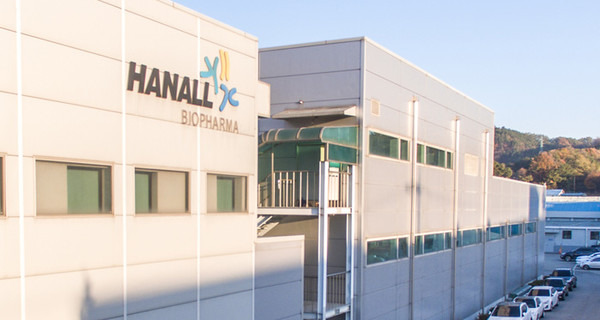HanAll Biopharma has ended its licensing deal with Harbour BioMed over the autoimmune treatment HL161 (batoclimab), accusing the Chinese biotech of failing to meet critical development milestones.
The termination follows Harbour BioMed’s failure to advance clinical trials for key indications, including thyroid eye disease, neuromyelitis optica, and immune thrombocytopenia.

HanAll terminates its licensing deal with Harbour BioMed over unmet milestones, with arbitration underway to resolve the future of batoclimab in Greater China.
In a financial disclosure issued Monday, HanAll confirmed that Harbour BioMed has filed for arbitration with the International Chamber of Commerce (ICC) to contest the termination, which follows HanAll's notice to end the agreement on Jan. 26, 2025.
The two companies struck a licensing deal in 2017, granting Harbour BioMed exclusive rights to batoclimab in Greater China, including Taiwan, Hong Kong, and Macau. The agreement, valued at up to $81 million in upfront payments and milestones, also included royalties on sales, while HanAll retained rights outside the region.
At the time, Harbour BioMed CEO Jingsong Wang **[hailed](https://www.hanall.com/board_view.php?bo_table=press&pg=7&idx=23)** batoclimab as a promising treatment for autoimmune diseases in the region.
HanAll has emphasized that batoclimab’s commercial success depends on advancing clinical trials across multiple indications and securing product approvals for each disease. While Harbour BioMed completed phase 3 trials for myasthenia gravis, progress on trials for other key indications has stalled, with no advancement beyond phase 2 for thyroid eye disease, neuromyelitis optica, and immune thrombocytopenia.
HanAll hit back at the delays, claiming Harbour BioMed failed to meet its "commercially reasonable efforts" obligation. “These delays are hurting batoclimab's competitiveness and success,” HanAll said in Tuesday’s press release.
The arbitration will resolve the licensing dispute, HanAll said, stating that batoclimab's development, including the myasthenia gravis approval process, will continue without delay. Ongoing clinical trials in the U.S. and Japan are also unaffected.
“We’re committed to resolving this through arbitration,” a HanAll spokesperson said. “If not, we’ll recover the commercial rights and move forward with a new partner to drive batoclimab’s growth in Greater China.”